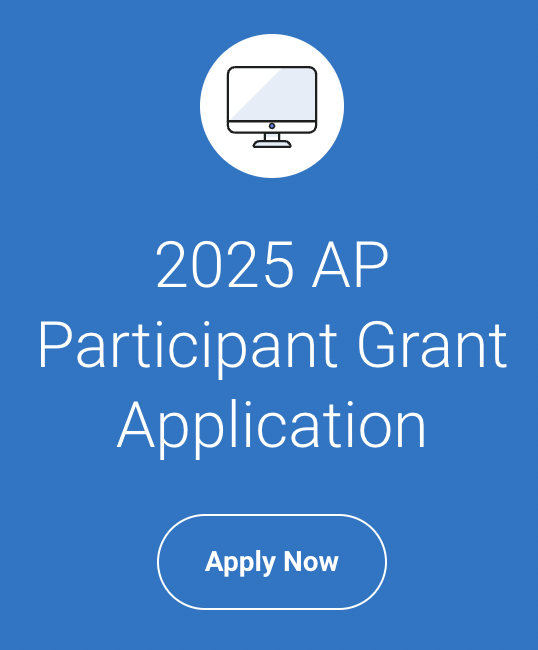 I grew up in the Chicago area but went to college in Iowa where I received my BA in Psychology and Education as well as my Masters in Teaching.I am also almost done with a Masters in Psychology and will hopefully have completed it by time we start our institute together this summer. I live and teach in Cedar Rapids, Iowa at Cedar Rapids Kennedy High School. In total I have 22 years of teaching experience and 17 of those years have been at Kennedy. I have taught AP Psychology every single day of my career and I truly love it.
I grew up in the Chicago area but went to college in Iowa where I received my BA in Psychology and Education as well as my Masters in Teaching.I am also almost done with a Masters in Psychology and will hopefully have completed it by time we start our institute together this summer. I live and teach in Cedar Rapids, Iowa at Cedar Rapids Kennedy High School. In total I have 22 years of teaching experience and 17 of those years have been at Kennedy. I have taught AP Psychology every single day of my career and I truly love it.
I also like to stay very involved in the Psychology community at large. I worked as an editor for the new AMSCO edition as well as on publications of lesson plans for the American Psychological Association.I have worked for the College Board in a variety of ways since 2006. In 2006 I became an AP Psychology Reader and continued to work as a reader during the summer for many years. For the past 8-10 years or so I have also worked as a Table Leader and Pre-Team Table Leader for the AP Psychology reading. The last two years I have served as a question leader. I love working as a consultant for the AP institutes and I am very excited for my third summer of institutes. For the past 6 years I have also been a part of the American Psychological Association’s Teachers of Psychology in Secondary Schools committee in roles ranging from member at large to chair of the commitee. I also help run the Iowa Teachers of Psychology annual conference and social.
In my personal life, my two amazing kids keep me busy. I have two daughters aged 12 and 13 who are very into show choir and musical theater. When I do have free time I love to workout and knit and watch movies. I have been married for 20 years and we are enjoying a little more time together and time to travel as well.
Why attend an in-person APSI? Meaningful discussions and collaborations! AP Psychology Teachers work collaboratively to develop a lesson on Learning and Cognition. The teachers incorporate the topics of negative punishment, formal operational stage of cognitive development, actor-observer bias and self-efficacy in order to help students do well on an AP Psychology Test Question.
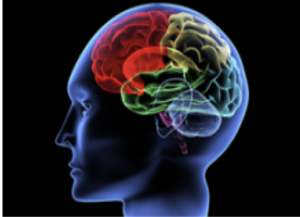

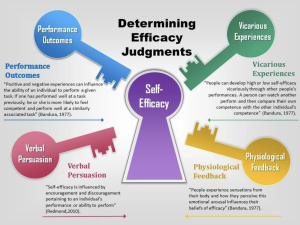

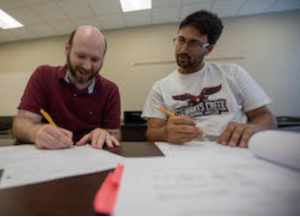
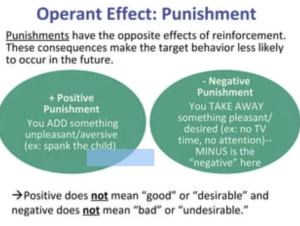
AP Psychology Test Question
![]()



